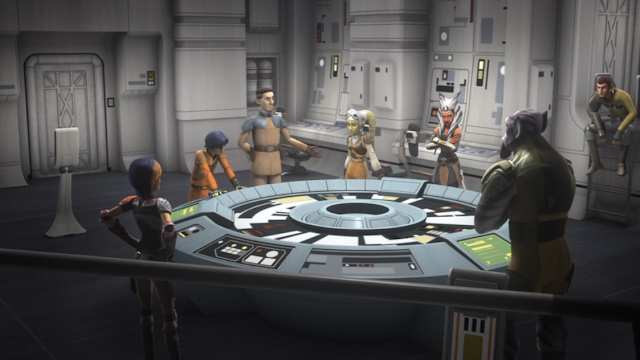The movie starts with Aloysius T. McKeever secretly going to live in the New York mansion of Michael J. O'Connor ("the second richest man in the world") while O'Connor spends the winter in Virginia. Meanwhile, Jim Bullock is thrown out of his apartment building, which O'Connor has just purchased and plans to tear down. McKeever meets Bullock in the park and offers him a place to stay. The two are soon joined by O'Connor's daughter Trudy, who has just run away from finishing school. She keeps her true identity a secret from them (feigning that she broke in to borrow a fur coat in order to make a good impression and get a job), and she soon falls in love with Bullock. After O'Connor tracks her down in New York, she explains the situation, and because she wants her father to meet Bullock but without revealing that he's the wealthy businessman whom Bullock dislikes, she disguises him as a homeless man whom the three then invite to stay in the O'Connor mansion. For this ruse, Michael J. O'Connor becomes simply Mike.
The purpose of shortening his name is just to conceal who he really is, but this shortening also matches the temporary loss of wealth and status that O'Connor experiences while he's posing as a homeless guest and acting as something of a servant to the others. It's as if he's become merely a fraction of himself.









